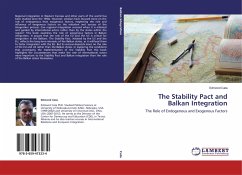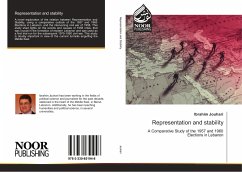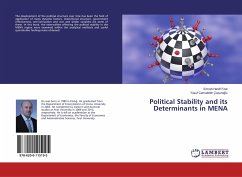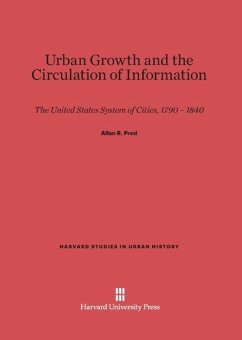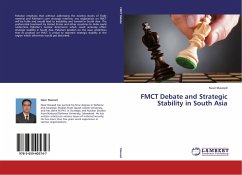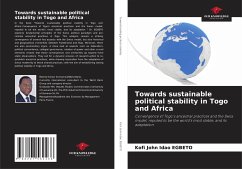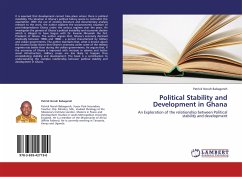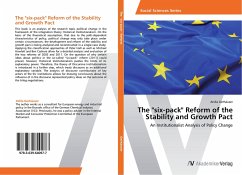
The "six-pack" Reform of the Stability and Growth Pact
An Institutionalist Analysis of Policy Change
Versandkostenfrei!
Versandfertig in 6-10 Tagen
27,99 €
inkl. MwSt.

PAYBACK Punkte
14 °P sammeln!
This book is an analysis of the research topic political change in the framework of the integration theory Historical Institutionalism. On the basis of the theoretical assumption, that due to the path-dependent characteristics of policy, political change may only take place under certain circumstances, the development and reform of the stability and growth pact is being analyzed and reconstructed in a single-case study. Applying the classification approaches of Peter Hall as well as Michael Howlett and Ben Cashore allow for a detailed analysis and evaluation of the two reforms of 2005 and 2011...
This book is an analysis of the research topic political change in the framework of the integration theory Historical Institutionalism. On the basis of the theoretical assumption, that due to the path-dependent characteristics of policy, political change may only take place under certain circumstances, the development and reform of the stability and growth pact is being analyzed and reconstructed in a single-case study. Applying the classification approaches of Peter Hall as well as Michael Howlett and Ben Cashore allow for a detailed analysis and evaluation of the two reforms of 2005 and 2011. On the question of why certain ideas about politics in the so-called six-pack reform (2011) could prevail, however, Historical Institutionalism pushes the limits of its explanatory power. Therefore, the theory of Discursive Institutionalism is introduced in a further step, which treats discourse as an additional explanatory variable. The analysis of discourse contributions of key actors ofthe EU institutions allows for drawing conclusions about the influence of in the discourse represented policy ideas on the outcome of the trilog negotiations.



